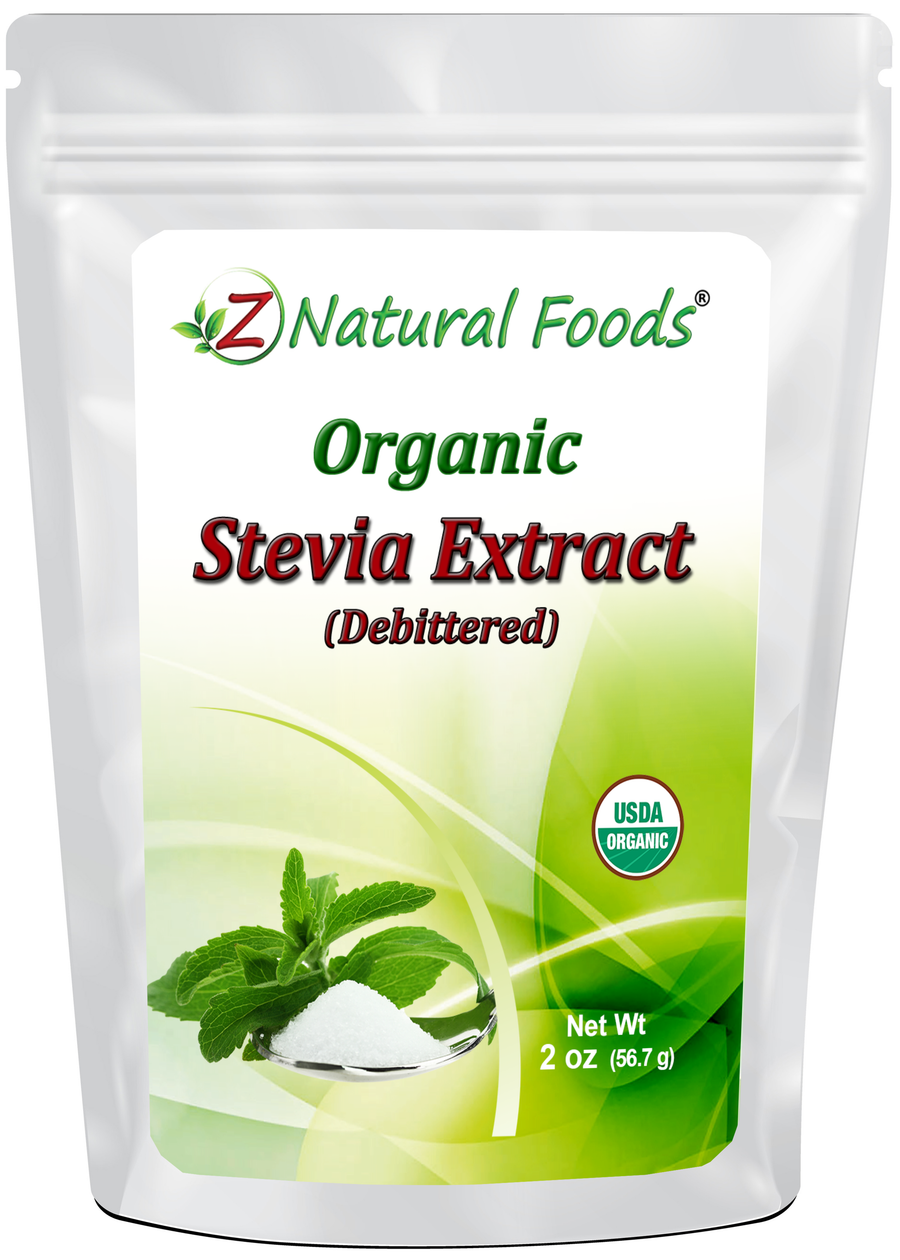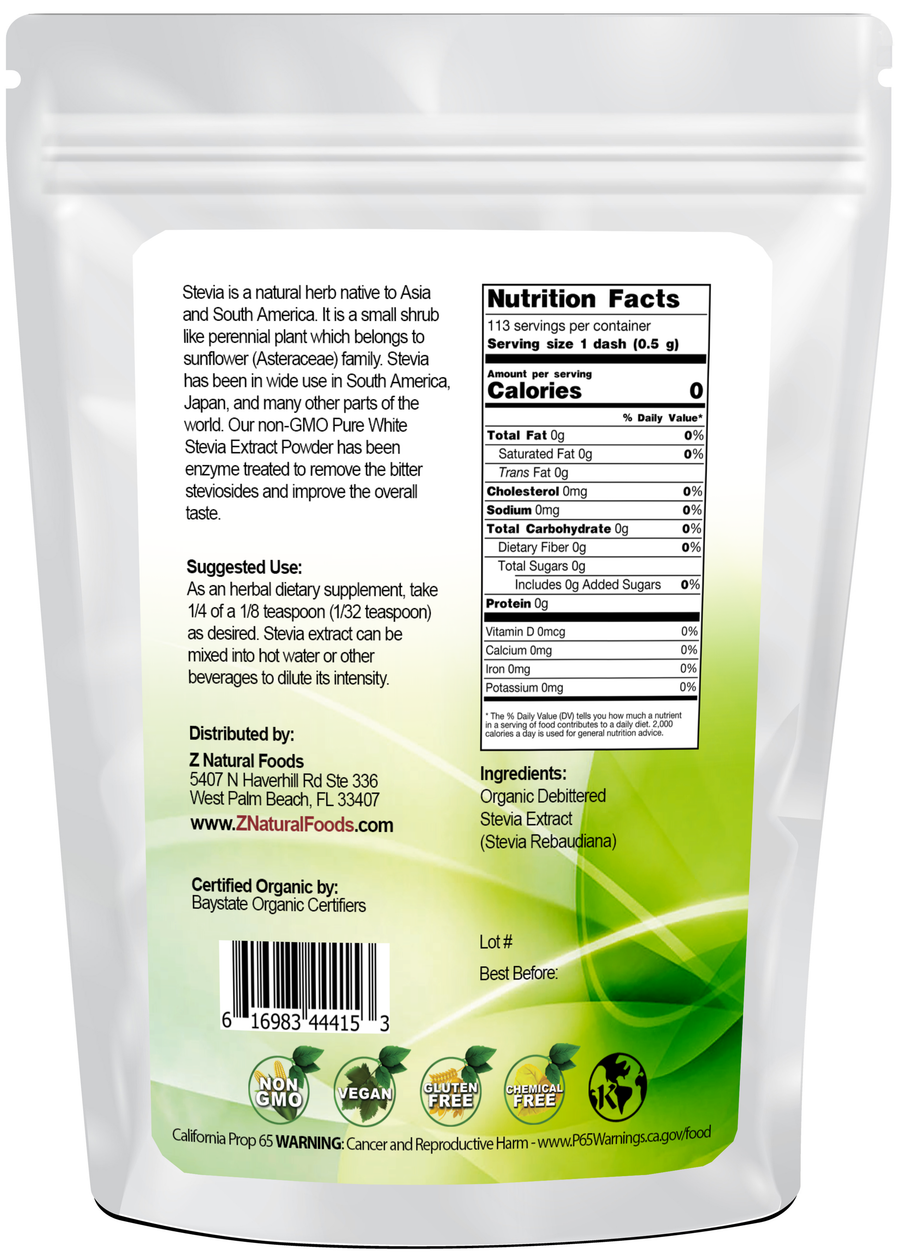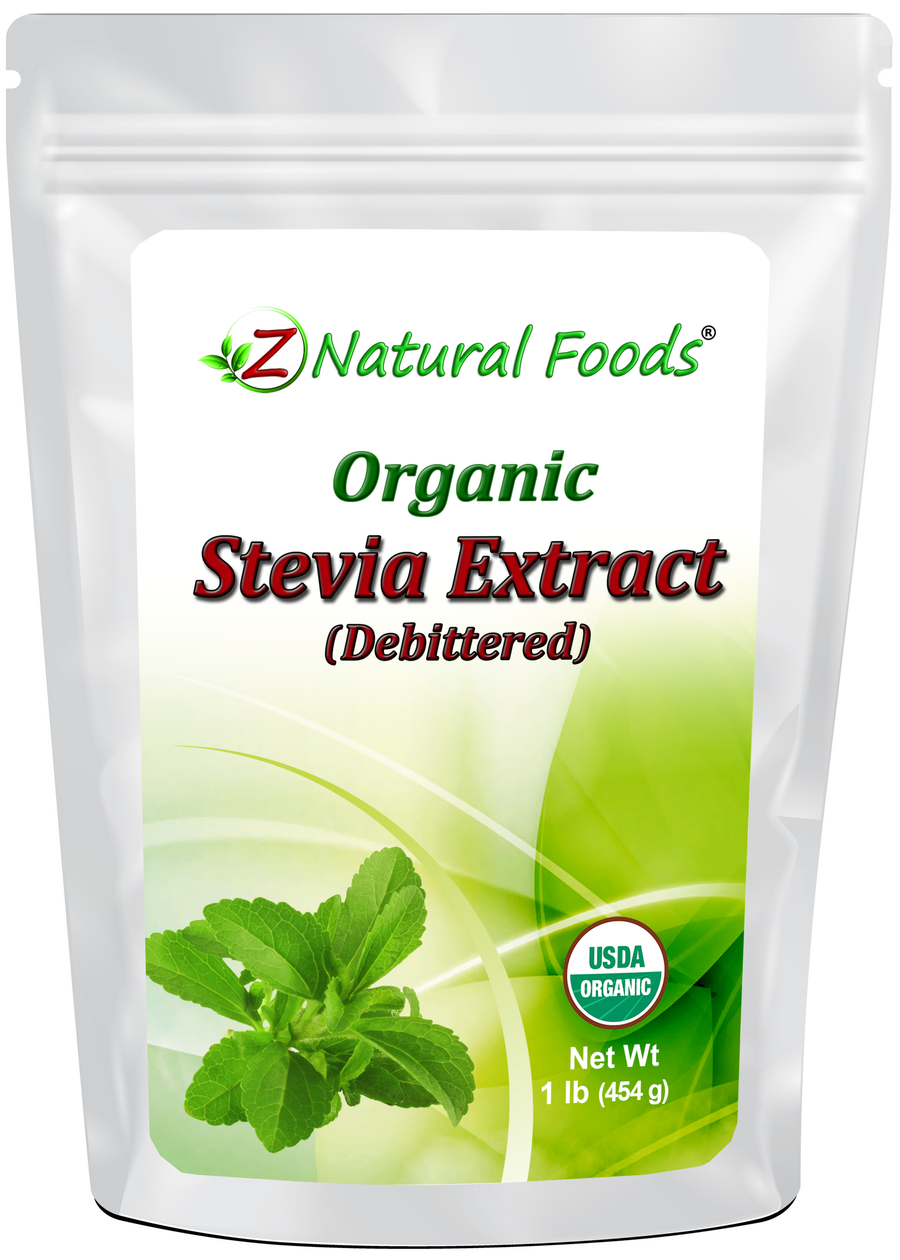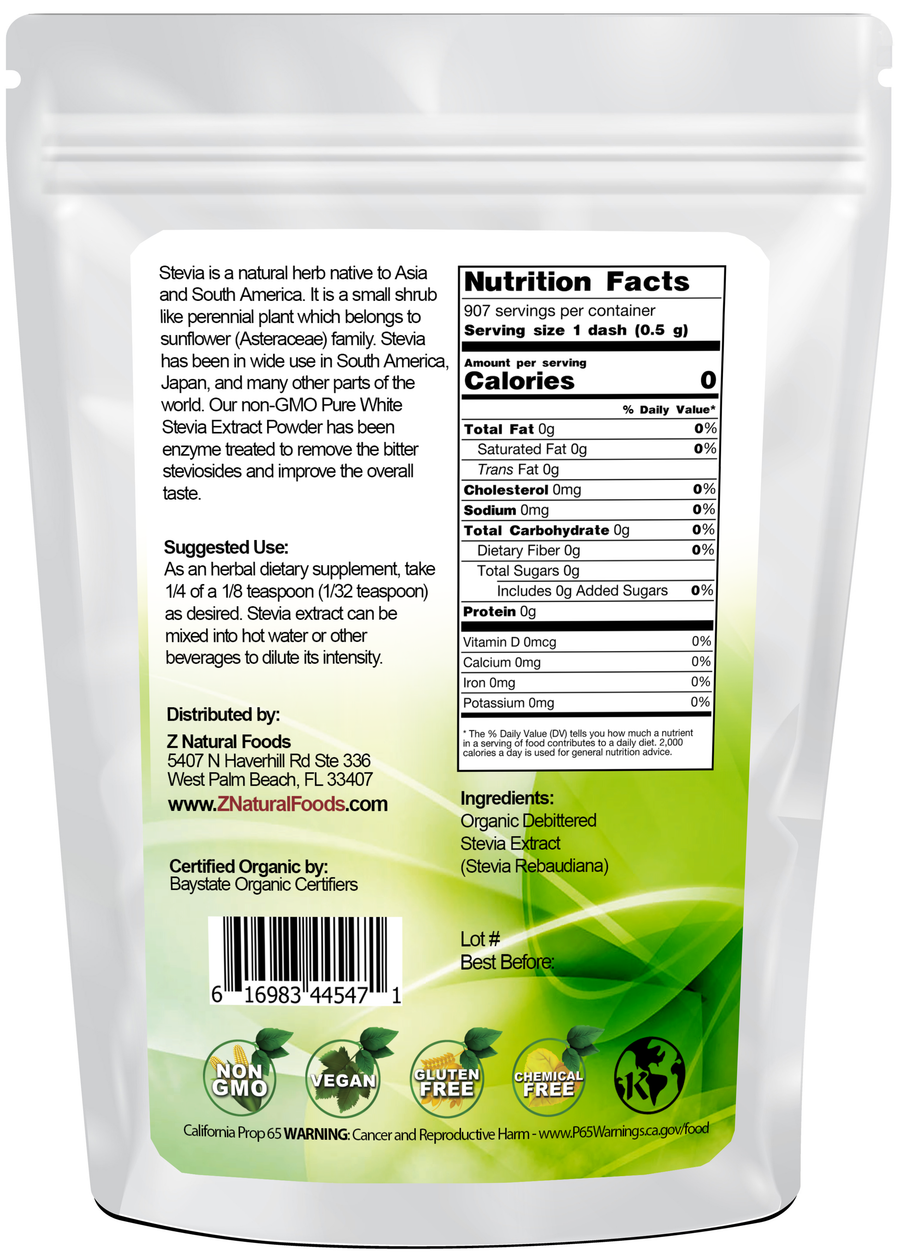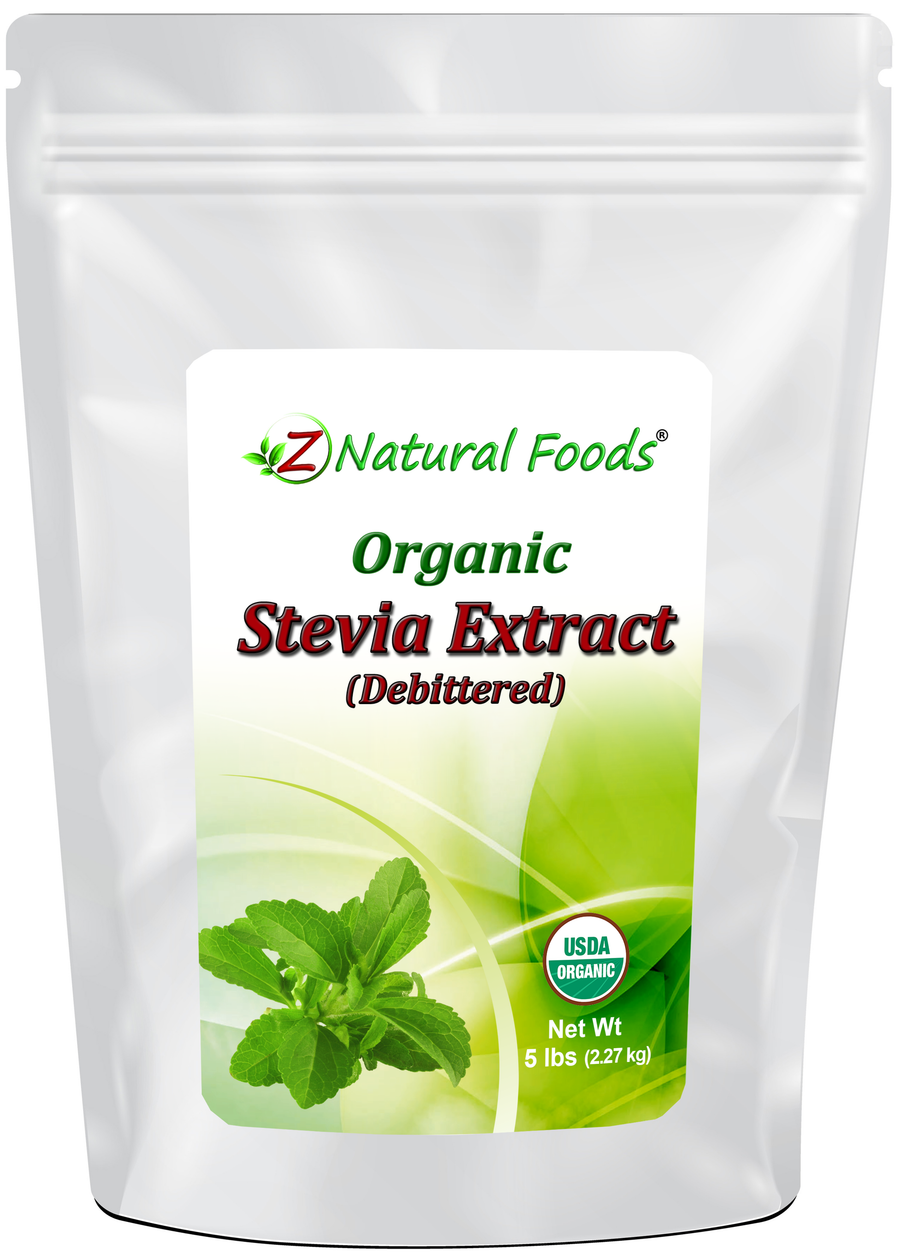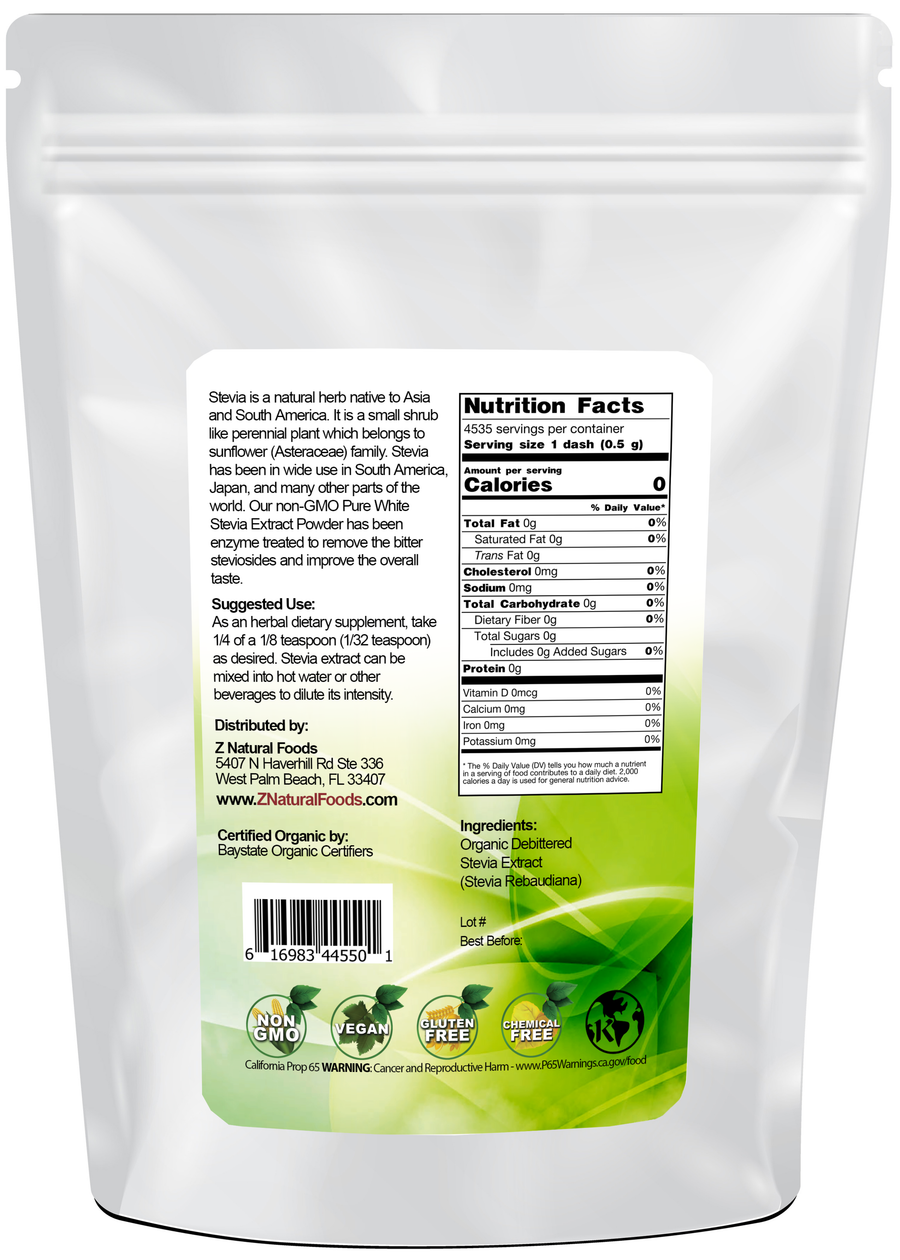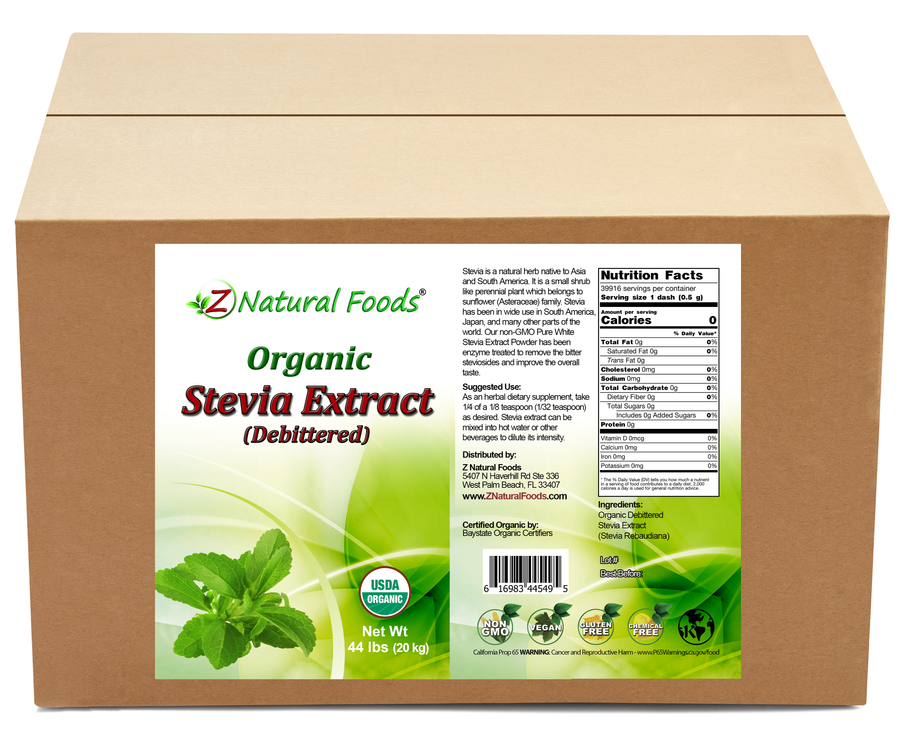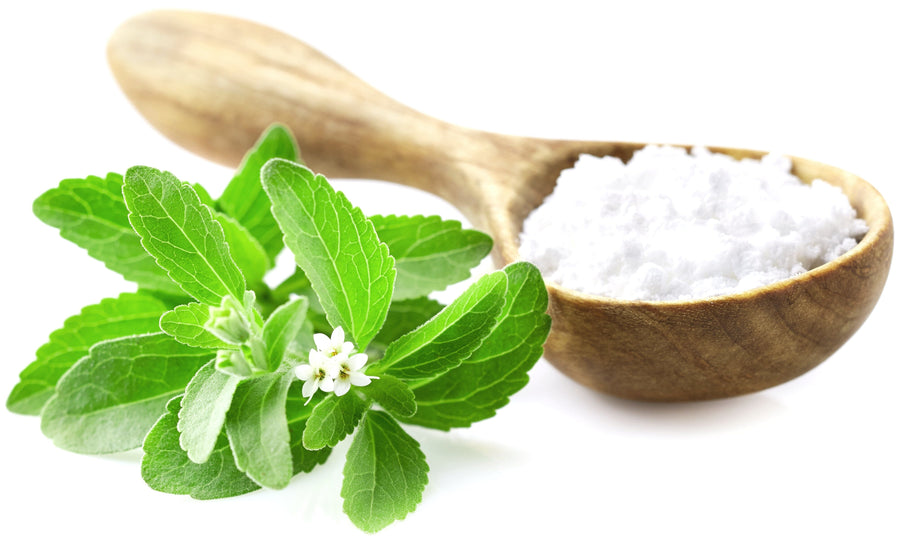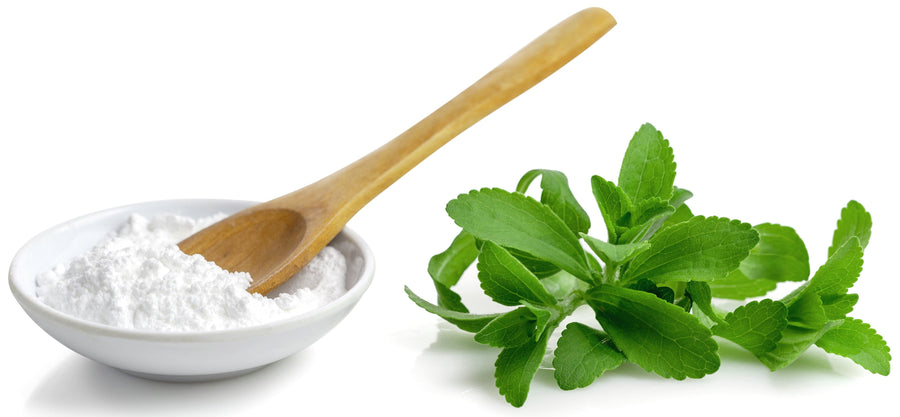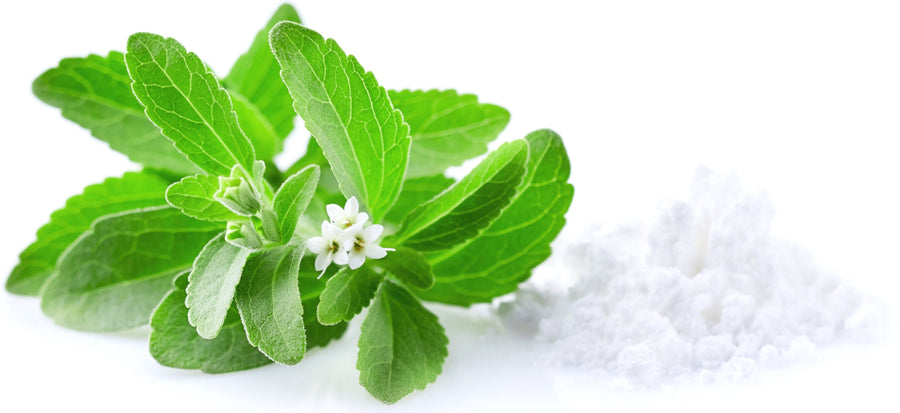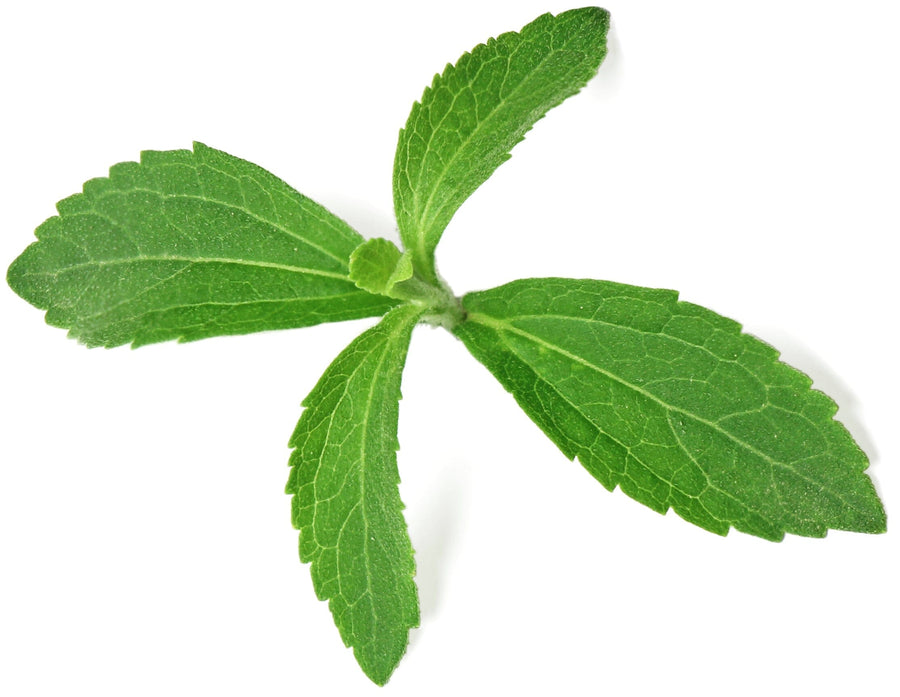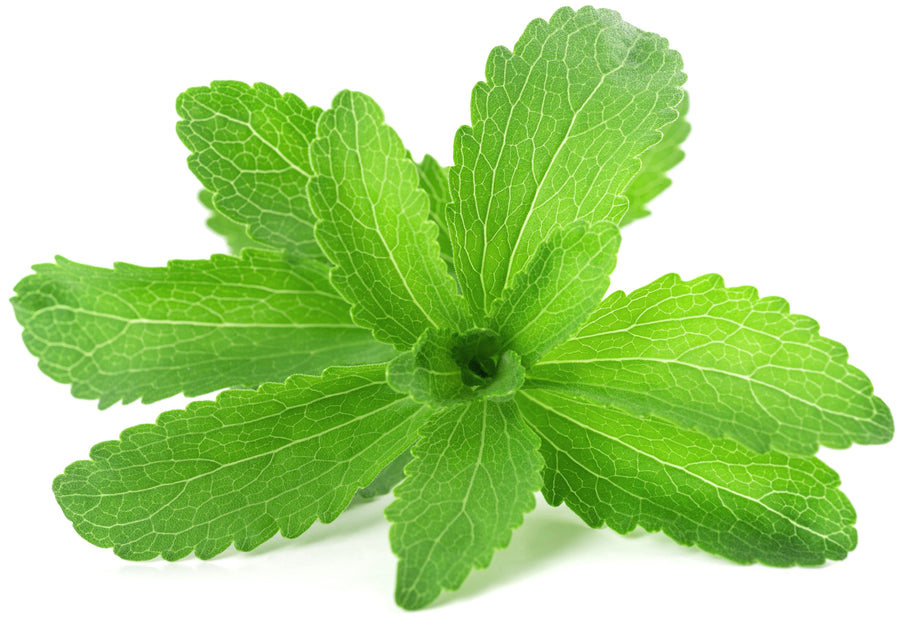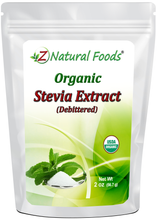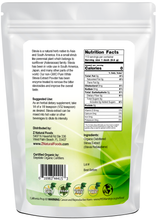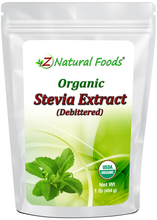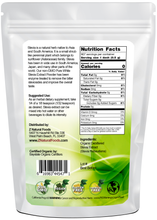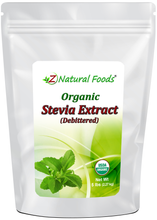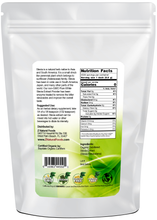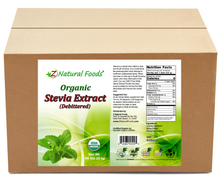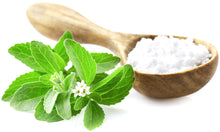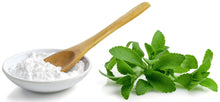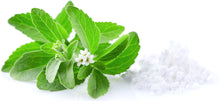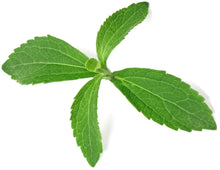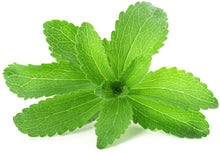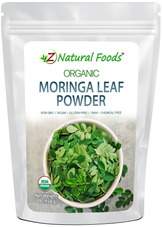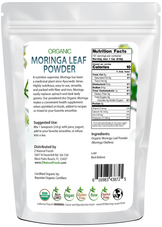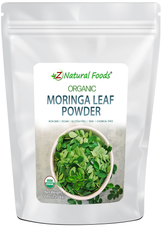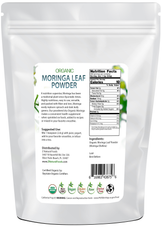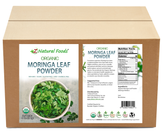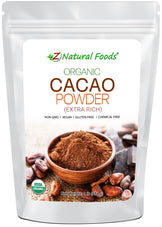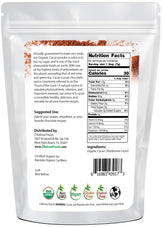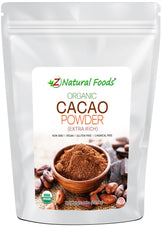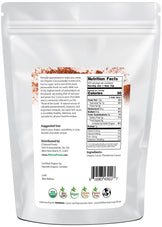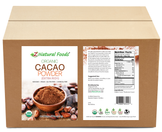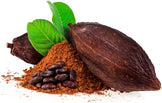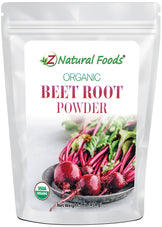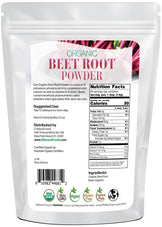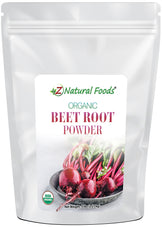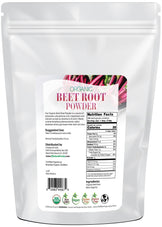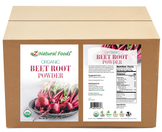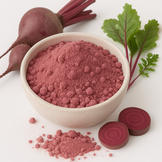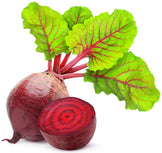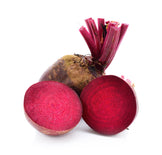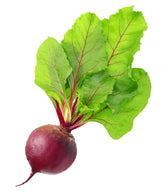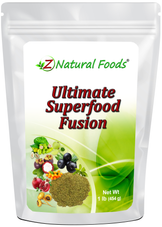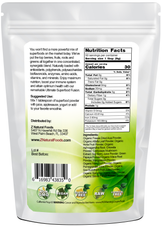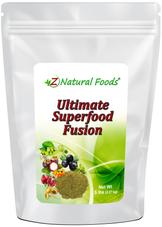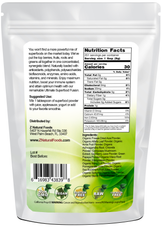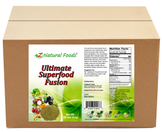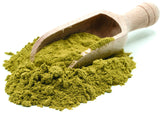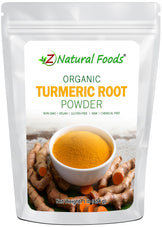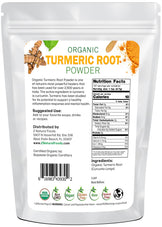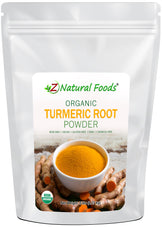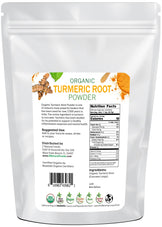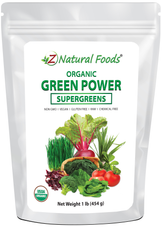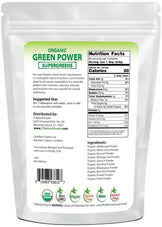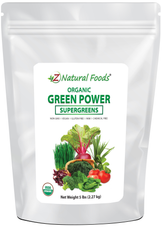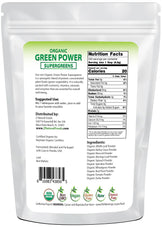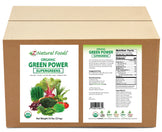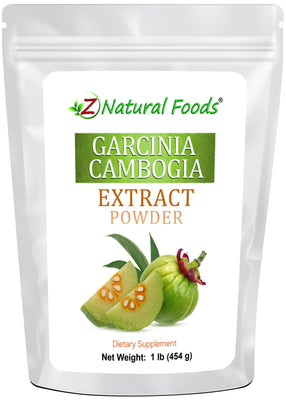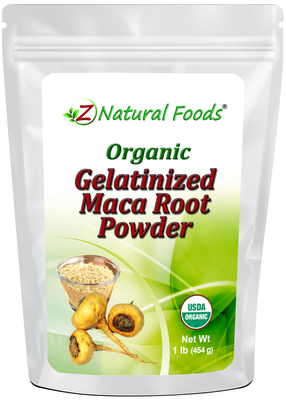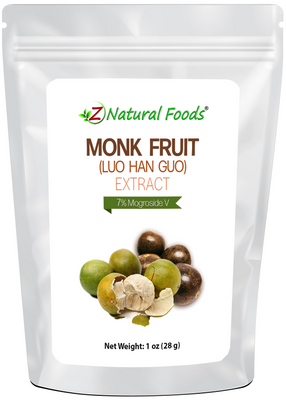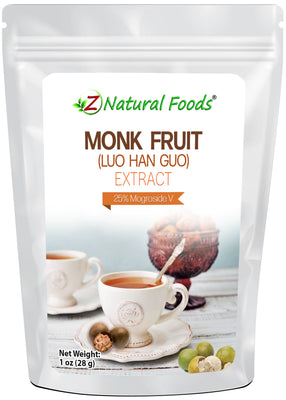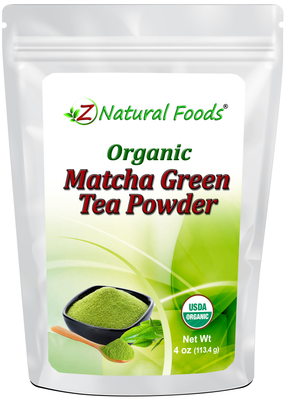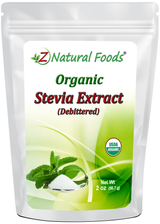About Product
Organic Stevia Extract Powder (Debittered) is a plant-based sweetener made from the leaves of the stevia plant, native to South America. Carefully processed to remove bitterness, this fine powder provides clean, concentrated sweetness—about 200 times sweeter than sugar—without added flavors or fillers.
Shelf-stable and versatile, stevia extract powder is ideal for sweetening drinks, smoothies, cereals, and sauces. It’s also heat-stable, making it suitable for baking and cooking. With its smooth taste and convenient powdered form, it offers a simple way to add natural sweetness to everyday recipes.
Botanical Name: Stevia Rebaudiana.
Other Names: Sweet Leaf, Sugar Leaf, Sweet Honey Leaf, Rebiana, Candy Leaf, Yaa, Caa-he-ee, Kaa, Sweet herb, Honey Yerba.
Parts Used: Stevia Leaf.
Certifications: Certified USDA Organic.
Ingredients: Organic Stevia Leaf Extract (Debittered).
Origin: Grown and extracted in China and packaged with care in Florida, USA.
How to Maintain Optimum Freshness
- This product is packaged in airtight stand-up, resealable foil pouches for optimum freshness.
- Once opened, push the air out of the pouch before resealing it to preserve maximum potency.
- Keep your powder in a cool, dark, dry place.
This product is 100% natural and minimally processed:
Taste, smell, texture, and color vary from batch to batch. Go here to learn why our products may naturally vary.
The important protections we take to bring you safe and nutritious superfoods:
Please go here to discover the essential steps we take to deliver fresh, quality nutrition.
Bulk Quantities?
Need to order a large quantity of our products? We are happy to help! Please get in touch with our Bulk department to discuss the details.
* Product packaging, pictures, and origin may vary.
Sources & References
1. "Stevia". Merriam-webster.com. 2012-08-31. Retrieved 2013-02-13.
2. "Stevia". British & World English. Oxforddictionaries.com. 2013-02-07. Retrieved 2013-02-13.
3. "Stevia". US English. Oxforddictionaries.com. 2013-02-07. Retrieved 2013-02-13.
4. Both /ˈstiËvɪÉ'/ and /ˈstÉ›vɪÉ'/ are recorded by at least some US and UK dictionaries, but the former is more common in US English (listed first or exclusively) and the latter is more common in UK English.
5. Raji Akintunde Abdullateef, Mohamad Osman (2012-01-01). "Studies on effects of pruning on vegetative traits in Stevia rebaudiana Bertoni (Compositae)". International Journal of Biology 4 (1). doi:10.5539/ijb.v4n1p146.
6. McCaleb, Rob (1997). "Controversial Products in the Natural Foods Market". Herb Research Foundation. Retrieved 8 November 2006.
7. "Dietary Supplement Health and Education Act of 1994". fda.gov. 2011 (last update). Retrieved 31 January 2011.
8. Lucas, Louise (2011 [last update]). "Brussels backs Stevia sweetener". Financial Times. Retrieved 22 November 2011.
9. Stones, Mike (2011 [last update]). "Stevia wins final EU approval". foodmanufacture.co.uk. Retrieved 22 November 2011.
10. "Stevia". Flora of North America.
11. "Stevia Cav.". USDA PLANTS.
12. "Definition of Stevia". Merriam Webster.
13. Parsons, WT; Cuthbertson, EG (2001). Noxious Weeds of Australia, 2nd ed.. Collingswood, Australia: CSIRO Publishing. ISBN 978-0-643-06514-7. This reference refers specifically to Stevia eupatoria, a related weed having the same nomenclature origin.
14. "Opinion on Stevia Rebaudiana plants and leaves" (PDF) (Press release). European Commission Scientific Committee on Food. 17 June 1999. Retrieved 27 January 2008.
15. Misra, H.; Soni, M.; Silawat, N.; Mehta, D.; Mehta, BK.; Jain, DC. (Apr 2011). "Antidiabetic activity of medium-polar extract from the leaves of Stevia rebaudiana Bert. (Bertoni) on alloxan-induced diabetic rats". J Pharm Bioallied Sci 3 (2): 242"“8. doi:10.4103/0975-7406.80779. PMC 3103919. PMID 21687353.
16. Bertoni, Moisés Santiago (1899). Revista de Agronomia de l'Assomption 1: 35.
17. Bridel, M.; Lavielle, R. (1931). "Sur le principe sucre des feuilles de kaa-he-e (stevia rebaundiana B)". Academie des Sciences Paris Comptes Rendus (Parts 192): 1123"“5.
18. "Stevia". Morita Kagaku Kogyuo Co., Ltd. 2004. Retrieved 6 November 2007.
19. Taylor, Leslie (2005). The Healing Power of Natural Herbs. Garden City Park, NY: Square One Publishers, Inc. pp. (excerpted at weblink). ISBN 0-7570-0144-0.
20. Jones, Georgia (September 2006). "Stevia". NebGuide: University of Nebraska"“Lincoln Institute of Agriculture and Natural Resources. Retrieved 4 May 2007.
21. Tanvir, Ashraf (24 May 2005). "Sugar Leav "“ A new breed of 'sweetener'". Pakistan Agricultural Research Council. Retrieved 2 January 2009.
22. "PubMed research articles related to treatments of obesity". Retrieved 2013-02-13.
23. "PubMed research articles on stevia's effects on blood pressure". Retrieved 2013-02-13.
24. "PubMed articles on stevia's use in treating hypertension". Retrieved 2013-02-13.
25. Curi R, Alvarez M, Bazotte RB, Botion LM, Godoy JL, Bracht A (1986). "Effect of Stevia rebaudiana on glucose tolerance in normal adult humans". Braz. J. Med. Biol. Res. 19 (6): 771"“4. PMID 3651629.
26. Gregersen S, Jeppesen PB, Holst JJ, Hermansen K (January 2004). "Antihyperglycemic effects of stevioside in type 2 diabetic subjects". Metab. Clin. Exp. 53 (1): 73"“6. doi:10.1016/j.metabol.2003.07.013. PMID 14681845.
27. "Truvia timeline". Archived from the original on 2010-01-01.
28. "Stevia gets Australian approval for food and beverages". Foodnavigator.com. Retrieved 2013-02-13.
29. "Cap 132U SCHEDULE (SWEETENERS IN FOOD REGULATIONS; PUBLIC HEALTH AND MUNICIPAL SERVICES ORDINANCE) |". legislation.gov.hk. 2011 (last update). Retrieved 22 June 2011.
30. "Stevia Sweeteners Now Approved in Israel". greenprophet.com. 2012. Retrieved 5 April 2012.
31. "Norwegian Stevia fact sheet Norwegian Institute of Public Health". Fhi.no. 1999-06-17. doi:10.2903/j.efsa.2010.1537. Retrieved 2013-02-13.
32. "Technical regulations for juice products from fruits and vegetables". Russian Federation Federal Law. 27 October 2008. p. Table 5.
33. Li, Simon (27 March 2002). Fact Sheet: Stevioside (PDF). Hong Kong Legislative Council Secretariat Research and Library Services Division.
34. "Sale of Food Act, Chapter 283, Section 56(1) "“ Food Regulations". Agri-Food & Veterinary Authority of Singapore. 2005.
35. Halliday, Jess (8 September 2009). "France approves high Reb A stevia sweeteners". foodnavigator.com. Retrieved 23 January 2010.
36. Halliday, Jess (15 September 2009). "France's first stevia products around the corner". foodanddrinkeurope.com. Retrieved 23 January 2010.
37. Curry,Leslie Lake. "Agency Response Letter GRAS Notice No. GRN 000287". Retrieved 28 August 2010.
38. http://usdaindonesia.org/wp-content/uploads/2012/08/permenkes-033-2012-translation.pdf
39. "Olam and Wilmar in 50:50 JV to Acquire 20% Stake in PureCircle, a Leading Producer of Natural High-Intensity Sweeteners for USD 106.2 Mln". flex-news-food.com. 1 July 2008. Retrieved 5 April 2012.
40. Hawke, Jenny (February"“March 2003). "The Bittersweet Story of the Stevia Herb" (PDF). Nexus magazine 10 (2). Retrieved 20 December 2010.
41. Stanford, Duane D. (31 May 2007). "Coke and Cargill teaming on new drink sweetener". Atlanta Journal-Constitution. Archived from the original on 30 September 2007. Retrieved 31 May 2007.
42. Etter, Lauren and McKay, Betsy (31 May 2007). "Coke, Cargill Aim For a Shake-Up In Sweeteners". Wall Street Journal. Retrieved 1 June 2007.
43. "Truvia ingredients". Retrieved 15 May 2008.
44. "Stevia sweetener gets US FDA go-ahead". Decision News Media SAS. 18 December 2008. Retrieved 11 May 2009.
45. "Coke to sell drinks with stevia; Pepsi holds off". The Seattle Times. Associated Press. 15 December 2008. Retrieved 16 December 2008.
46. "FDA Approves 2 New Sweeteners". The New York Times. Associated Press. 17 December 2008. Retrieved 11 May 2009.
47. Purkayastha, S. ""A Guide to Reb-A," Food Product Design". Retrieved 28 March 2009.
48. "United States Patent 5,972,120 Extraction of sweet compounds from Stevia rebaudiana Bertoni".
49. Koyama, E., et al. "In vitro metabolism of the glycosidic sweeteners, stevia mixture and enzymatically modified stevia in human intestinal microflora." Food and Chemical Toxicology 41.3 (2003) 359-374.
50. Abudula R, Jeppesen PB, Rolfsen SE, Xiao J, Hermansen K (October 2004). "Rebaudioside A potently stimulates insulin secretion from isolated mouse islets: studies on the dose-, glucose-, and calcium-dependency". Metab. Clin. Exp. 53 (10): 1378"“81. doi:10.1016/j.metabol.2004.04.014. PMID 15375798.
51. "Products and Markets "“ Stevia". Food and Agriculture Organization of the United Nations "“ Forestry Department. Retrieved 4 May 2007.
52. http://www.fda.gov/AboutFDA/Transparency/Basics/ucm214864.htm
53. New York Medical College (15 January 2009). "Notice to the U.S. Food and Drug Administration (FDA) that the use of Rebiana (Rebaudioside A) derived from Stevia rebaudiana, as a Food Ingredient is Generally Recognized as Safe (GRAS)" (PDF). p. 75. Retrieved 23 August 2010. "the observed LD50 values were 5.2 g/kg bw for male hamsters and 6.1 g/kg bw for female hamsters"
54. Goyal, SK.; Samsher; Goyal, RK. (Feb 2010). "Stevia (Stevia rebaudiana) a bio-sweetener: a review". Int J Food Sci Nutr 61 (1): 1"“10. doi:10.3109/09637480903193049. PMID 19961353.
55. Ulbricht, C.; Isaac, R.; Milkin, T.; Poole, EA.; Rusie, E. et al. (Apr 2010). "An evidence-based systematic review of stevia by the Natural Standard Research Collaboration". Cardiovasc Hematol Agents Med Chem 8 (2): 113"“27. PMID 20370653.
56. Chatsudthipong, V.; Muanprasat, C. (Jan 2009). "Stevioside and related compounds: therapeutic benefits beyond sweetness". Pharmacol Ther 121 (1): 41"“54. doi:10.1016/j.pharmthera.2008.09.007. PMID 19000919.
57. NeOfficial Journal of the European Union (11 November 2011). "COMMISSION REGULATION (EU) No 1131/2011" (PDF). p. 7. Retrieved 15 November 2011. "The CE regulation establishes steviol glycosides as food additive, and establishes maximum content levels in foodstuff and beverages."
58. Hsieh MH, Chan P, Sue YM, et al. (November 2003). "Efficacy and tolerability of oral stevioside in patients with mild essential hypertension: a two-year, randomized, placebo-controlled study". Clin Ther 25 (11): 2797"“808. doi:10.1016/S0149-2918(03)80334-X. PMID 14693305.
59. Ferri LA, Alves-Do-Prado W, Yamada SS, Gazola S, et al. (September 2006). "Investigation of the antihypertensive effect of oral crude stevioside in patients with mild essential hypertension". Phytother Res 20 (9): 732"“6. doi:10.1002/ptr.1944. PMID 16775813.
60. Benford, D.J.; DiNovi, M., Schlatter, J. (2006). "Safety Evaluation of Certain Food Additives: Steviol Glycosides" (PDF). WHO Food Additives Series (World Health Organization Joint FAO/WHO Expert Committee on Food Additives (JECFA)) 54: 140.
61. Joint FAO/WHO Expert Committee on food additives, Sixty-ninth Meeting. World Health Organization. 4 July 2008.
62. Pezzuto JM, Compadre CM, Swanson SM, Nanayakkara D, Kinghorn AD (April 1985). "Metabolically activated steviol, the aglycone of stevioside, is mutagenic". Proc. Natl. Acad. Sci. U.S.A. 82 (8): 2478"“82. doi:10.1073/pnas.82.8.2478. PMC 397582. PMID 3887402.
63. Procinska E, Bridges BA, Hanson JR (March 1991). "Interpretation of results with the 8-azaguanine resistance system in Salmonella typhimurium: no evidence for direct acting mutagenesis by 15-oxosteviol, a possible metabolite of steviol". Mutagenesis 6 (2): 165"“7. doi:10.1093/mutage/6.2.165. PMID 2056919. "“ article text is reproduced here [1].
64. Matsui M, Matsui K, Kawasaki Y, et al. (November 1996). "Evaluation of the genotoxicity of stevioside and steviol using six in vitro and one in vivo mutagenicity assays". Mutagenesis 11 (6): 573"“9. doi:10.1093/mutage/11.6.573. PMID 8962427.
65. Nunes AP, Ferreira-Machado SC, Nunes RM, Dantas FJ, et al. (2007). "Analysis of genotoxic potentiality of stevioside by comet assay". Food Chem Toxicol 45 (4): 662"“6. doi:10.1016/j.fct.2006.10.015. PMID 17187912.
66. Geuns JM (2003). "Stevioside". Phytochemistry 64 (5): 913"“21. doi:10.1016/S0031-9422(03)00426-6. PMID 14561506.
67. Brusick DJ (2008). "A critical review of the genetic toxicity of steviol and steviol glycosides". Food Chem Toxicol 46 (7): S83"“S91. doi:10.1016/j.fct.2008.05.002. PMID 18556105.
68. Lailerd N, Saengsirisuwan V, Sloniger JA, Toskulkao C, Henriksen EJ (January 2004). "Effects of stevioside on glucose transport activity in insulin-sensitive and insulin-resistant rat skeletal muscle". Metab. Clin. Exp. 53 (1): 101"“7. doi:10.1016/j.metabol.2003.07.014. PMID 14681850.
69. Jeppesen PB, Gregersen S, Rolfsen SE, et al. (March 2003). "Antihyperglycemic and blood pressure-reducing effects of stevioside in the diabetic Goto-Kakizaki rat". Metab. Clin. Exp. 52 (3): 372"“8. doi:10.1053/meta.2003.50058. PMID 12647278.
70. Dyrskog SE, Jeppesen PB, Colombo M, Abudula R, Hermansen K (September 2005). "Preventive effects of a soy-based diet supplemented with stevioside on the development of the metabolic syndrome and type 2 diabetes in Zucker diabetic fatty rats". Metab. Clin. Exp. 54 (9): 1181"“8. doi:10.1016/j.metabol.2005.03.026. PMID 16125530.
71. Anton, SD.; Martin, CK.; Han, H.; Coulon, S.; Cefalu, WT., et al. (Aug 2010). "Effects of stevia, aspartame, and sucrose on food intake, satiety, and postprandial glucose and insulin levels". Appetite 55 (1): 37"“43. doi:10.1016/j.appet.2010.03.009. PMC 2900484. PMID 20303371.
72. Shivanna, Naveen; Naika, Mahadev; Khanum, Farhath; Kaul, Vijay (Mar 2013). "Antioxidant, anti-diabetic and renal protective properties of Stevia rebaudiana". Journal of Diabetes and its Complications 27 (2): 103"“113. doi:10.1016/j.jdiacomp.2012.10.001. PMID 23140911.
73. "Celestial Seasonings: Who sent the trade complaint that started the raid?". "“ memorandum from the Department of Health & Human Services to its Denver office.
74."Artificial Sweetener Controversies From Saccharin to Sucralose". leda.law.harvard.edu. Retrieved 20 December 2010.
75. Food and Drug Administration (1995, rev 1996, 2005). Import Alert #45-06: "Automatic Detention of Stevia Leaves, Extract of Stevia Leaves, and Food Containing Stevia"
76. Kyl, John (R-Arizona) (1993). Letter to former FDA Commissioner David Aaron Kessler about the 1991 stevia import ban, quoted at stevia.net safety studies.
77. European Commission Scientific Committee on Food (June 1999). Opinion on Stevioside as a Sweetener
78. Newmarker, Chris (18 December 2008). "Federal regulators give OK for Cargill's Truvia sweetener". Minneapolis / St. Paul Business Journal. Retrieved 18 December 2008.
* Reviews & Success Stories Disclaimer
Product reviews solely reflect the views and opinions expressed by the contributors and not those of Z Natural Foods. Z Natural Foods does not verify or endorse any claims made in these reviews. Statements have not been evaluated by the FDA and are not intended to diagnose, treat, cure, or prevent any disease or health condition.REFERRAL PROGRAM
Share your personal link to your friends and welcome them with rewards. Claim yours when they make their first purchase.

GIVE
$10 off discount

GET
$10 off discount
